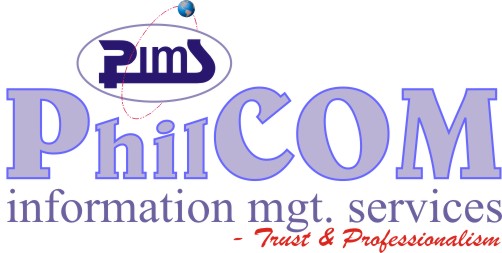How Asset Management Impacts Corporate Financial Reporting
In today’s fast-paced business environment, accurate and transparent financial reporting is non-negotiable. One area that has a significant yet often underestimated influence on financial reporting is asset management.
Proper management of physical assets — from office equipment to production machinery — not only ensures operational efficiency but also enhances the credibility and accuracy of a company’s financial statements. In this post, we’ll explore how asset management directly affects corporate financial reporting and why it’s essential for business sustainability.
What Is Asset Management?
Asset management involves systematically tracking, monitoring, and maintaining a company’s physical assets throughout their lifecycle — from acquisition to disposal. This process includes asset verification, tagging, inventory tracking, depreciation management, and periodic audits.
If you’re new to the concept, check out our comprehensive Fixed Asset Management Solutions page to see how we help businesses streamline this process.
How Asset Management Influences Financial Reporting
1️⃣ Accurate Asset Valuation
One of the primary reasons asset management is vital for financial reporting is to maintain accurate asset valuation. Assets recorded at incorrect values can distort a company’s balance sheet and financial position.
For instance, failing to remove obsolete or disposed assets from the register can inflate total asset value, leading to misleading financial statements.
➡️ Tip: Use structured asset verification and tagging services to ensure your asset register is always up-to-date.
2️⃣ Proper Depreciation Calculations
Assets lose value over time through depreciation. Accurate asset records allow for correct depreciation charges, affecting:
-
Profit and loss statements
-
Tax computations
-
Asset replacement planning
According to Investopedia, improper depreciation can either overstate or understate profits, directly impacting taxes and shareholder reporting.
3️⃣ Enhanced Regulatory Compliance
Regulatory bodies such as the Financial Reporting Council of Nigeria (FRCN) mandate strict asset reporting and valuation standards. Comprehensive asset management ensures businesses comply with these standards, avoiding penalties and reputational damage.
For a deeper understanding, refer to the International Financial Reporting Standards (IFRS) on Property, Plant and Equipment .
4️⃣ Facilitates Transparent Financial Audits
An up-to-date and verifiable asset register simplifies both internal and external audits. Auditors rely heavily on asset records to:
-
Verify asset existence and condition
-
Confirm proper valuation and depreciation
-
Ensure no ghost assets are inflating the company’s worth
Businesses can ease this process with automated asset audit templates and periodic asset tagging.
5️⃣ Informs Strategic Financial Decisions
Accurate asset data aids financial managers and executives in making informed decisions regarding:
-
Asset replacement schedules
-
Disposal of underutilized or redundant assets
-
Capital expenditure budgeting
This ensures capital is allocated efficiently, improving operational profitability and investment decisions.
Real-World Example
At Philcom IMS, we recently helped a major Nigerian financial institution reconcile their asset register through comprehensive verification and tagging. This exercise not only improved their operational efficiency but also revealed ghost assets worth millions, enhancing the accuracy of their year-end financial reports.
Read more about our project portfolio to see how businesses benefit from structured asset management.
Ready to Improve Your Financial Reporting?
Don’t let poor asset records compromise your financial transparency. Contact Philcom IMS today for expert asset management services, including verification, tagging, and reconciliation tailored for your business.



